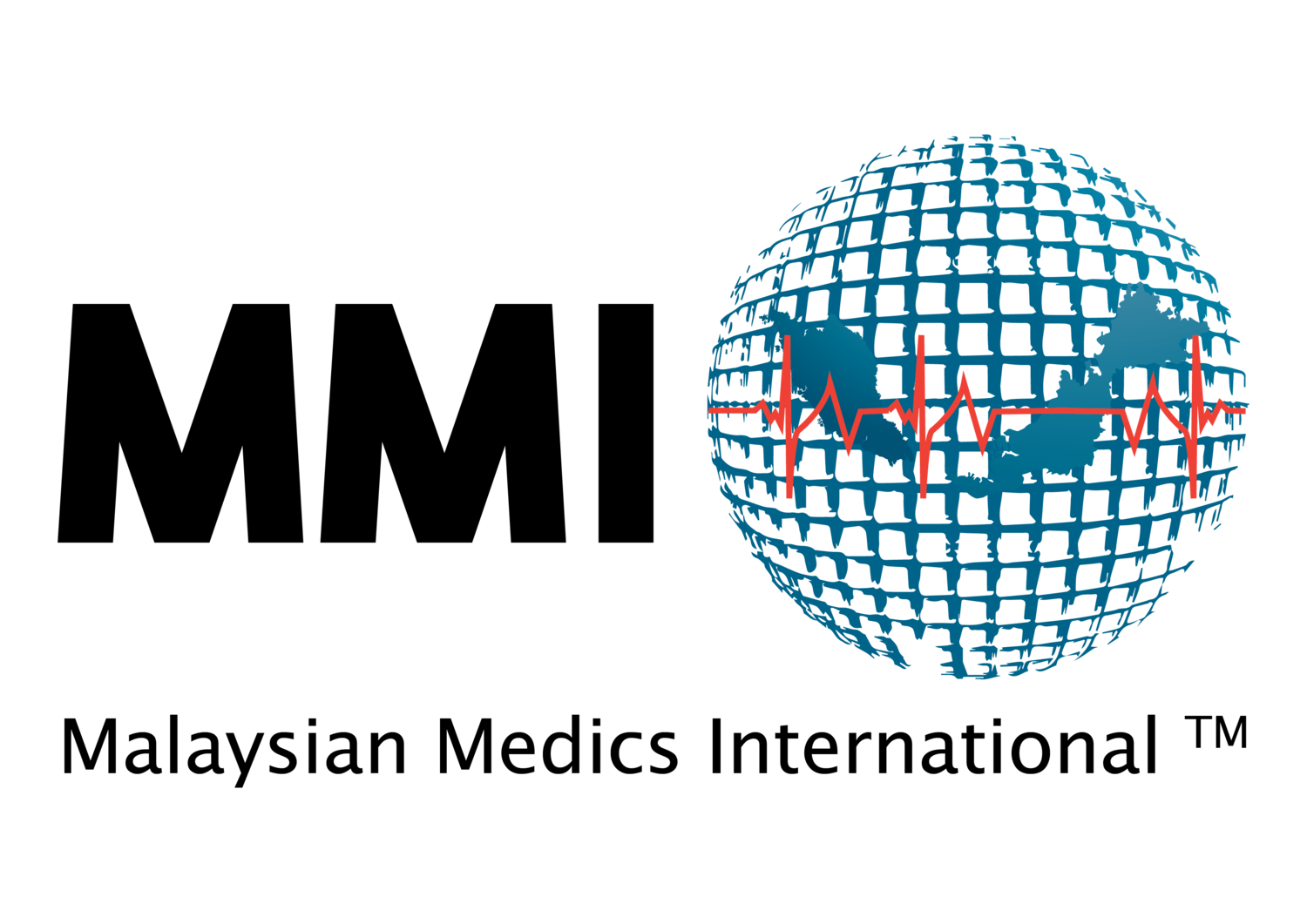“Being New to the Country, I Felt Like I Didn’t Have Anyone to Talk to…”
Humans of Medicine #6
“I was born and raised in Samoa, with its temperate climate, sandy beaches and freshly-grown produce. I think being named after my grandmother reflects how Samoa’s culture is so integrated around its core principle -- family. Ever since I could remember, my parents ingrained into me essential values reflective of our society; the importance of upholding our family’s reputation, ensuring their welfare, and acknowledging that our elders came first. Back home, you were never alone. Always part of something bigger – be that your family, the church, or even the community. Everyone knew each other. And even if you didn’t, you’d still wave to them on the streets or ask how their day was at the coffee shop.
When I moved to New Zealand to pursue Medicine, things were different. The way of life here was so unfamiliar that I found myself sticking out like a sore thumb. I experienced culture shock – big time. I went from living in a place where everything was so community-centred to being a small girl in a big scary world. It was cold, the people didn’t smile as much, and the food was all processed – nothing like the taro and fresh fish I was used to.
At times, I didn’t feel accepted in my new environment – it was alienating. There were people who made assumptions based on the colour of my skin. I remember during our clinical placements at an elderly rest home, one of the residents exclaimed, “Wow! You speak really good English!” I laughed it off, but still it irked me.
Over the next few months, I felt my mental health declining. I missed home, my family, the warm weather. The demands of medical school grew, and I felt increasingly disconnected from my roots. Everything felt overwhelming. Being new to the country, I felt like I didn’t have anyone to talk to about this and eventually, I found myself burning out.
I learned to open up to my family and friends about my mental health, which felt liberating. I’ve come to recognise that through talking, you discover you’re not the only one facing an invisible struggle. You realise that there are people who genuinely care, who want to see you on the other side – happy. Now, one year later, I can confidently say things are better.
I have control over my choices, and I choose to not dwell on the negatives. I choose to not dwell on the occasions I feel out of place or when things get a bit too much. I still get homesick sometimes, but that’s normal. I’m thankful for my time here in New Zealand during the academic year, where I get to explore my individuality, and for my Summers back in Samoa, with its comfortable familiarity. I have an understanding and loving family, and a circle of friends that have stuck with me through thick and thin. I intend to maintain this positive outlook on life -- and with the right support, I believe it’ll mould me into the doctor I one day aspire to be.”
(Consent has been obtained from the interviewee and it has been rewritten by our author.)
Written by Zi-yi Kok. Zi-Yi Kok is a freelance writer for Humans of Medicine. She is currently based in New Zealand.
Humans of Medicine is a new initiative under MMI. We tell inspiring stories behind portrait shots of our everyday unsung heroes. Curated by Malaysian medical students from home and abroad.
If you have a story you would like to share, please reach out to us at admin@malaysianmedics.org


